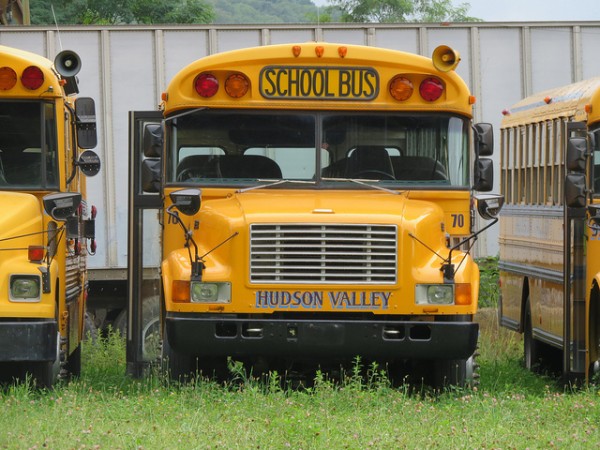
Charter schools are public schools that are meant to provide more choices for students and their families–at least, that’s what federal law says. Yet, sometimes charter schools reject students based on academic performance. Does that make them less public? Other times, charter schools forbid teachers from unionizing and the National Labor Relations Board gets involved. Such competing and confusing legal definitions of “public” only complicate the debate over charter schools’ legitimacy. Do these cases make charter schools any less public if the U.S. Department of Education insists otherwise? Certainly the NLRB thinks so, having recently argued that teachers in two separate charter schools do not have the right to unionize because, “charter schools are not public schools but private corporations.”
One way scholars of education parse out the difference is by comparing charter schools’ behavior and organization with more traditional, unquestionably public schools. Scholars find that as long as these practices exist in a legal gray area and the school follows some institutional norms for public schools–such as not charging tuition and grading homework–charter schools are public.
- Jennifer L. Jennings. 2010. “School Choice or Schools’ Choice? Managing in an Era of Accountability.” Sociology of Education 83(3): 227-247.
- Scott Davies and Linda Quirke. 2007. “The Impact of Sector on School Organizations: Institutional and Market Logics.” Sociology of Education 80(1): 66-89

Comments